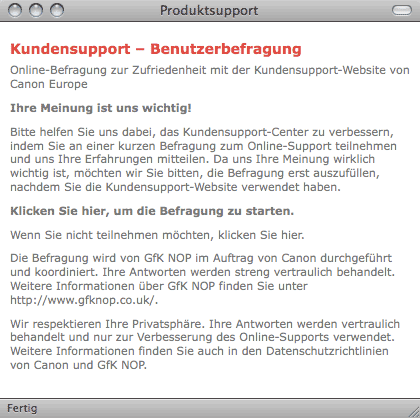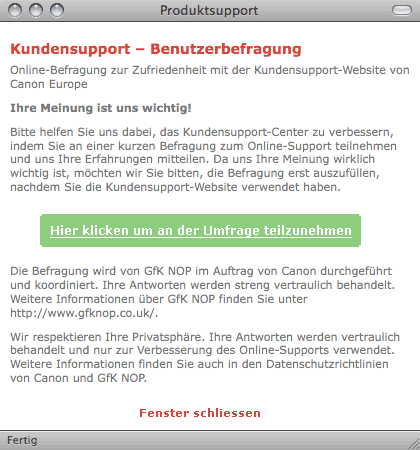Aus seiner Alertbox vom 23. Juni:
Usability suffers when users type in passwords and the only feedback they get is a row of bullets. Typically, masking passwords doesn’t even increase security, but it does cost you business due to login failures.
Ich finde das so lange nachvollziehbar, solange man alleine am Rechner sitzt. Für die anderen Fälle wäre mir dann ein »mask password« Schalter lieber.






